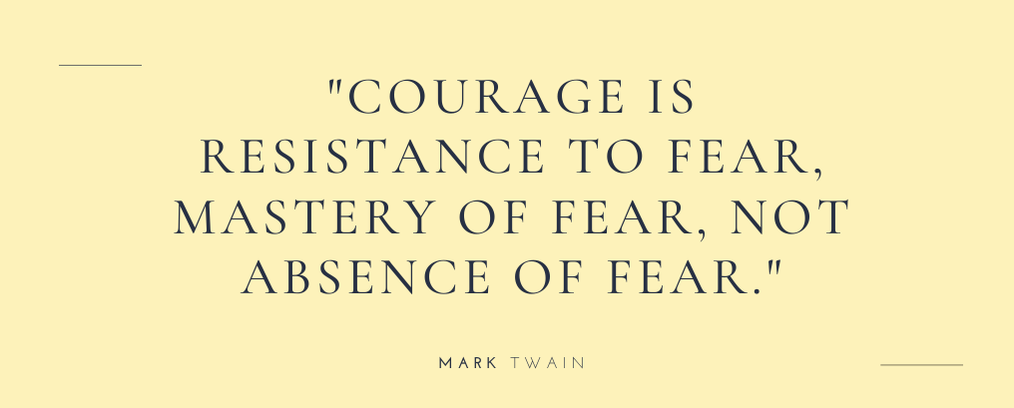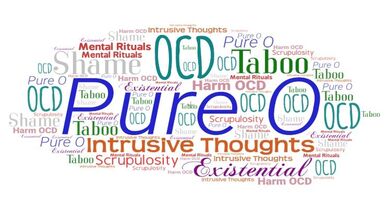|
Introduction:
Welcome to this comprehensive guide on health anxiety, a condition that affects millions of individuals worldwide. As a seasoned Cognitive Behavioural Therapist, I have witnessed first-hand the challenges faced by individuals struggling with health anxiety. In this article, we will explore the main features, typical symptoms, and behaviours associated with health anxiety. Furthermore, we will outline an effective Cognitive Behavioural Therapy (CBT) treatment program to help individuals overcome this debilitating disorder. What is Health Anxiety? Health anxiety, also known as illness anxiety disorder or hypochondria, is a psychological condition characterized by excessive worry and fear about having a serious medical illness. Individuals with health anxiety often experience persistent thoughts, concerns, and preoccupations regarding their health, which can significantly impact their daily lives and overall well-being. Typical Symptoms and Behaviours:
CBT Treatment for Health Anxiety: Cognitive Behavioural Therapy (CBT) is an evidence-based approach widely recognized as an effective treatment for health anxiety. It focuses on challenging and modifying the negative thoughts, beliefs, and behaviours that contribute to the maintenance of the disorder. Here is an outline of the CBT treatment program for health anxiety: Psychoeducation: Educating individuals about health anxiety is crucial in promoting understanding and reducing fear. Therapists explain the nature of health anxiety, its causes, and the role of thoughts, emotions, and behaviours in maintaining the condition. Cognitive Restructuring: Identifying and challenging negative, irrational thoughts related to health concerns is a key component of CBT. Therapists work with individuals to identify cognitive distortions and replace them with more realistic and balanced thoughts. This process helps individuals develop a healthier perspective on their health and reduce catastrophic thinking. Exposure and Response Prevention (ERP): ERP is an essential component of CBT for health anxiety. It involves gradually exposing individuals to feared situations, such as not seeking reassurance for perceived symptoms or avoiding excessive medical research. By resisting the urge to engage in anxiety-driven behaviours and learning to tolerate uncertainty, individuals can break the cycle of anxiety and reduce their dependence on reassurance-seeking behaviours. Relaxation Techniques and Stress Management: Learning relaxation techniques, such as deep breathing exercises, progressive muscle relaxation, and mindfulness, can help individuals manage anxiety symptoms effectively. Additionally, stress management strategies, such as time management and self-care, contribute to overall well-being and resilience. Relapse Prevention: Once significant progress has been made, the therapist and individual collaborate on developing strategies to prevent relapse. This may involve identifying early warning signs, implementing coping skills, and creating a plan to address future challenges. Conclusion: In conclusion, health anxiety can significantly impact an individual's life, causing distress and interfering with daily functioning. However, with the help of Cognitive Behavioural Therapy (CBT), individuals can learn to manage and overcome health anxiety. If you or someone you know is struggling with health anxiety, it is important to seek help from a qualified mental health professional. Remember, you are not alone, and effective treatment is available to support your journey towards overcoming health anxiety and living a healthier, happier life.
0 Comments
Exposure and Response Prevention (ERP) is a type of Cognitive Behavioural Therapy (CBT) that is commonly used to treat anxiety disorders, specifically Obsessive-Compulsive Disorder (OCD). It is based on the premise that exposure to anxiety-provoking situations and the prevention of compulsive behaviours can help individuals learn to manage their anxiety and decrease their OCD symptoms.
ERP involves gradually exposing you to situations that trigger their OCD symptoms, such as touching a dirty object or not checking a lock multiple times. During exposure, the therapist helps you to resist their urge to perform compulsive behaviours. Over time, repeated exposure and response prevention can help reduce anxiety and decrease the frequency and severity of OCD symptoms. One of the key benefits of ERP is that it can help individuals learn that anxiety will eventually decrease on its own, without the need for compulsive behaviors. By learning to resist compulsions, individuals can regain control over their thoughts and behaviours and develop greater self-confidence in managing their anxiety. ERP is typically conducted in a structured, step-by-step approach, with each step building on the previous one. The therapist will work with you to create a hierarchy of anxiety-provoking situations and develop a plan for exposure and response prevention. Sessions may involve practicing exposure exercises, reviewing progress, and discussing any challenges or setbacks. It's important to note that ERP can be challenging and may initially increase anxiety symptoms. However, with the guidance of a qualified therapist, individuals can learn to tolerate the discomfort and manage their anxiety more effectively. Research has shown that ERP is an effective treatment for OCD, with long-lasting benefits. In addition to reducing OCD symptoms, ERP can also improve overall quality of life and decrease the need for medication. In conclusion, Exposure and Response Prevention is a type of Cognitive Behavioural Therapy that can be highly effective in treating OCD and other anxiety disorders. By gradually exposing individuals to anxiety-provoking situations and preventing compulsive behaviors, they can learn to manage their anxiety and decrease their OCD symptoms. If you are struggling with OCD or other anxiety disorders, consider speaking with me about ERP and other treatment options that may be helpful for you. Pure O, or Purely Obsessional OCD, is a type of OCD that involves obsessions without visible compulsions. These obsessions can be intrusive and repetitive, causing significant distress and anxiety. There are different types of Pure O intrusive thoughts, and it's essential to understand them to seek appropriate treatment.
It is essential to seek professional help when dealing with Pure O intrusive thoughts. A qualified therapist can provide the guidance and support needed to manage these thoughts effectively. Treatment for Pure O may involve Cognitive Behavioral Therapy (CBT), medication, or a combination of both. In conclusion, Pure O intrusive thoughts can vary in type and severity, and it's crucial to understand the different types to seek appropriate treatment. Harm-OCD, Sexual-OCD, Relationship-OCD, Existential-OCD, Health-OCD, and Scrupulosity-OCD are some of the common types of Pure O intrusive thoughts. With the help of a qualified therapist and appropriate treatment, individuals can manage their Pure O intrusive thoughts and lead a more fulfilling life, free from the distress and anxiety caused by these thoughts Pure O, or Purely Obsessional OCD, is a type of OCD that involves obsessions without visible compulsions. These obsessions can be intrusive and repetitive, causing significant distress and anxiety. However, there is a treatment available for Pure O in the form of Cognitive Behavioural Therapy (CBT).
In CBT, therapists use a variety of techniques to help individuals manage their Pure O obsessions. One such technique is Exposure and Response Prevention (ERP). ERP involves exposing individuals to their obsessions, allowing them to feel anxious, and then preventing them from carrying out any compulsive behaviours that would usually follow. Through repeated exposure, individuals learn to tolerate the anxiety that their obsessions create without feeling the need to perform compulsive behaviours. Another CBT technique used to treat Pure O is Cognitive Restructuring. In this technique, individuals learn to identify and challenge their negative thoughts, replacing them with more positive and realistic ones. This process helps to reduce anxiety and stress, making it easier to manage obsessions. Mindfulness-Based CBT is another technique used to treat Pure O. This technique involves learning to be present in the moment and to accept thoughts and feelings without judgment. Individuals learn to identify their obsessive thoughts and observe them without getting caught up in them. This process helps to reduce anxiety and stress, making it easier to manage Pure O. It is essential to seek professional help when dealing with Pure O obsessions. A qualified therapist can provide the guidance and support needed to manage these thoughts effectively. Additionally, individuals can use self-help strategies to manage their Pure O obsessions. These strategies include:
In conclusion, CBT is an effective treatment for Pure O intrusive thoughts. Through the use of Exposure and Response Prevention, Cognitive Restructuring, and Mindfulness-Based CBT, you can learn to manage your obsessions effectively. With the help of a qualified therapist and self-help strategies, you can lead a more fulfilling life, free from the distress and anxiety caused by Pure O |
David KnightI have been working as a therapist for 28 years. I specialize in treating Obsessive Compulsive Disorder, Body Dysmorphic Disorder and Health Anxiety Archives
August 2023
Categories |




 RSS Feed
RSS Feed